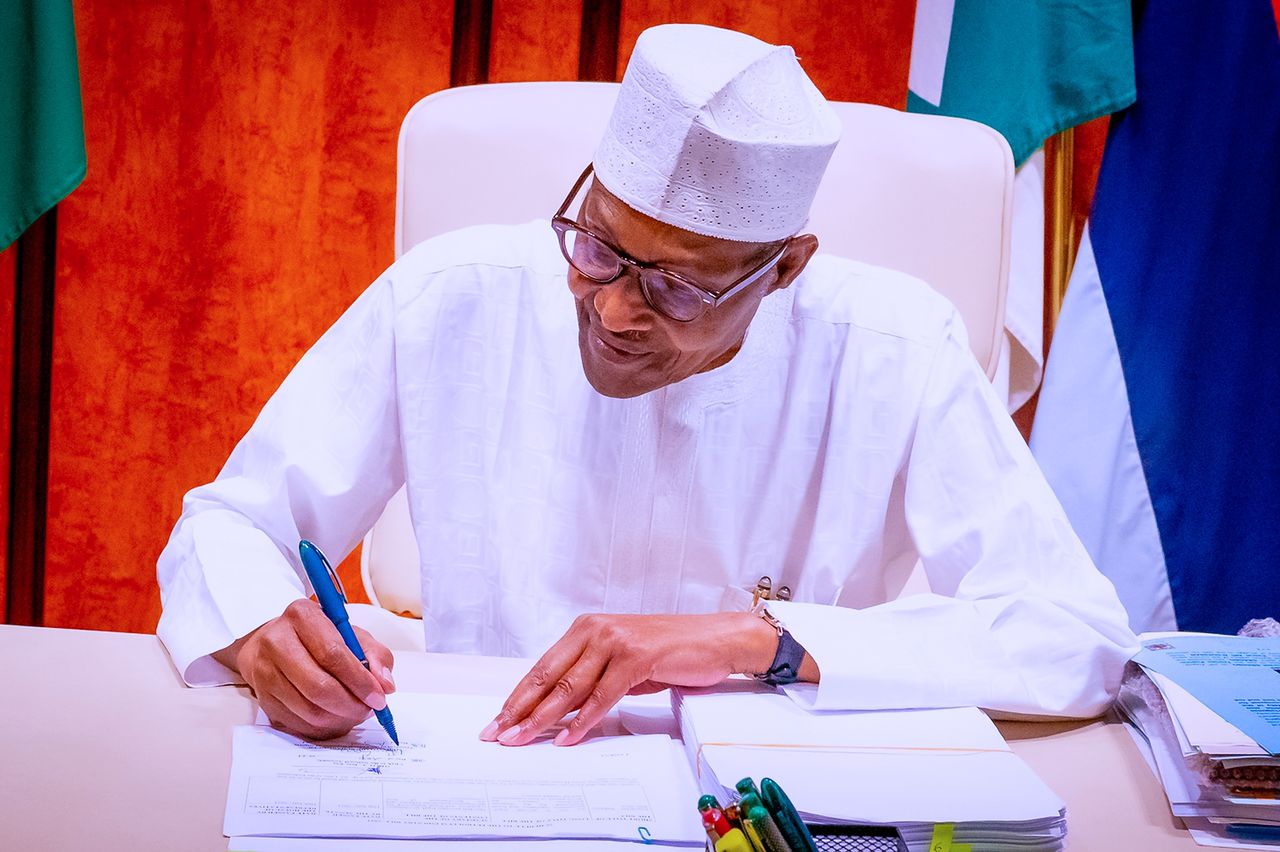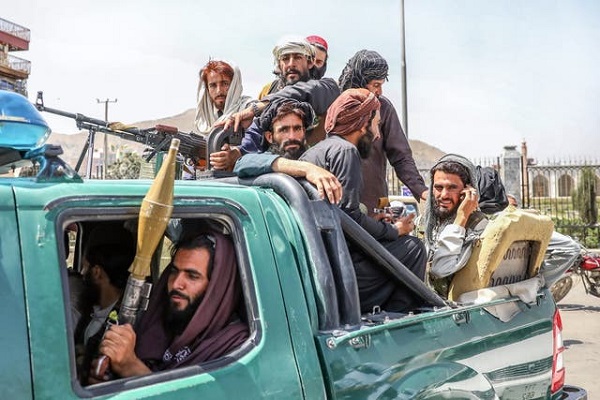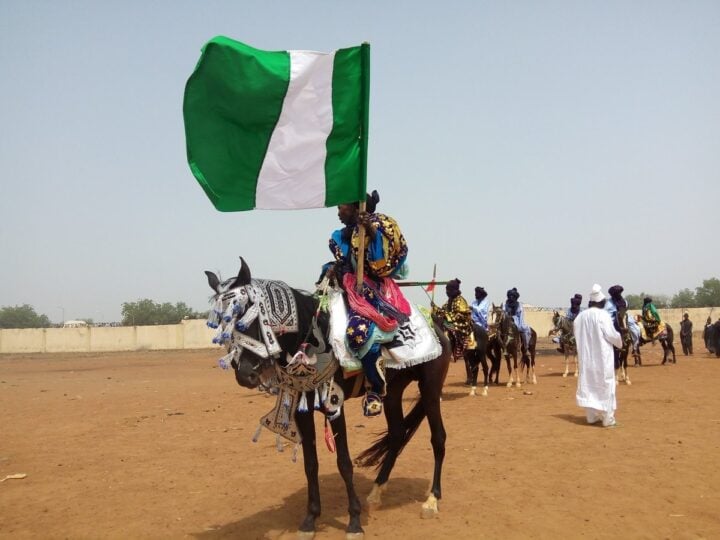The current decade ushered in not-so-new problems which will affect the future of our country. Nigeria’s security challenges are multifaceted and have in the last few years, spread across its states and geopolitical zones, with potentially dire consequences for its neighbours. Nigeria is also susceptible to changes on the global stage, so let’s start there.
War as it was known before the 1990s was mainly organised violence between conventional (state) actors, or at worst, between state actors and rebels who in the main took on the appearance of state actors, thus civil wars. The rise of first the Vietcong in Vietnam in the 1970s, then the Mujahideen in Afghanistan in the 1980s, and then Hezbollah and Al Qaeda, changed the concept of warfare as states struggled to adapt to unconventional methods to meet up with the challenges, one of which includes counter insurgency.
While the number of wars between states has significantly reduced since World War II, border skirmishes between young countries, civil wars and insurgencies have been inching up as states are faced with rising challenges to their claims of statehood by organised non-state armed groups.In the future, asymmetric warfare would continue to be a dominant security challenge but with greater risk. The threat of non-state armed groups looking to challenge state legitimacy getting access to sophisticated weapons such as drones is not treated with the same urgency as that of state actors trying to get their hands on nuclear or biological weapons. Nigeria is one of these young states that faces this kinds of challenges. The Islamic State West Africa Province and other affiliated groups in Nigeria’s North-West and North-East already possess the capacity to take down military jets with weapons ranging from general purpose machine guns to several other anti-aircraft weapons that we are yet to identify. While the Russian S-400 and the American THAAD seem well out of the reach of ISWAP, their alliance with ISIS, proximity to Libya, and apparent ability to raise money puts them in a good position to get delivery if the latter ever gets their hands on any.
The 2016 elections in the United States brought to the fore the dire impact of misinformation on national security as well as institutions. While it remains a hotly contested issue as to its reality and magnitude in that election, the threat of troll farms and factories remains ever present, and as effective as shaping outcomes in Brexit in 2016. The influence of the same by non-state groups must not be underestimated. The civil war in Ethiopia’s Tigray region, and its international politics has not been devoid of the machinations of propaganda tinted with misinformation on the Tigrayan side, aided by the billions in aid granted to the Tigray People’s Liberation Front by the United States since the 1990s. Here in Nigeria, the Indigenous Peoples of Biafra has also adopted the information approach in their bid to break the South East away from Nigeria. Several accounts dedicated to the propagation of IPOB propaganda litter social media, and have been very effective in amplifying misdeeds by Nigeria’s security forces, and thus winning more sympathy to the IPOB cause.
Advertisement
States can rise to these challenges by taking each security challenge in its peculiarity and refraining from the use of a blanket approach in dealing with each problem. However, many of these issues, such as that of secession could be largely addressed if democracy is entrenched with inclusive governance devoid of the establishment of ethnocentrism, and consistent, solid, economic growth. A fast growing economy is central to combating insecurity. Nigeria’s current situation of low growth, below par revenue mobilisation and dwindling foreign investment, combined with high inflation, unemployment and corruption is unsustainable, and is a recipe for chaos.
Specifically, Nigeria and its international partners must i) increase investment in justice and rule of law programming; ii) elevate anti corruption efforts in, but not limited to, the mining and energy sectors as means of improving local economy for revenue growth and iii) prioritise security sector accountability and reform security services to make them more effective in identifying threats early.
It will require significant divestment from traditional counterterrorism and security-focused policies and programmes—which have had minimal success in the Sahel during the past two decades—and renewed investments in democratic institutions, including legislatures, courts, and bureaucracies. Moreover, it will necessitate leveraging traditional and non-traditional coastal West and Central African partners, supporting their work to strengthen security sector capacity, and discouraging them from working at cross-purposes with Nigeria’s in either Countering the Islamist insurgency in the North, secession in the east and west, and sea piracy in the South.
Advertisement
Nwanze is a partner at SBM Intelligence
Views expressed by contributors are strictly personal and not of TheCable.
Add a comment






